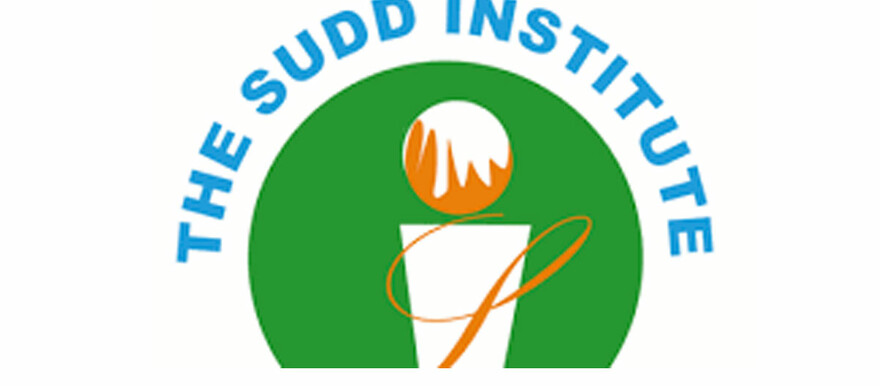The Sudd Institute, a leading national think-tank in South Sudan, has resumed operations after the National Security Service (NSS) closed it down in early August.
The closure followed an announcement by the People’s Coalition for Civil Action (PCCA), a grouping of civil society groups that launched public campaigns in August demanding political change in the country, declaring August 30th as the national day of reawakening.
The declaration, an 11-page document, was signed by the director of the Sudd Institute Abraham Awolich representing the South Sudanese Academia, Rajab Muhandis representing civil society organizations, Kuel Aguer Kuel representing South Sudanese Intellectuals, and Edward Andrew Achiek, representing South Sudanese Diasporaguer, a former state governor was immediately arrested by the NSS for signing the campaign’s declaration, and the other signatories went into hiding as the NSS shut down the Sudd Institute.
Speaking to Radio Tamazuj on Wednesday, the acting managing director of the Sudd Institute Dr. Augustin Ting Mayai, said the institute was reopened this week after the NSS in its investigations found that the institute had no links with the PCCA.
“Yes we are open, we have staff in the office. Yes, we are working,” he said. “The closure came as a result of the PCCA putting out a press release and one of the members of the organization was the MD of the institute.”
Ting adds, “We are not supposed to participate as an institution in politics but individuals can. So Abraham Awolich our colleague has all the rights to participate in political affairs in the country but without linking himself to the institution. But, the publication that came out linked us to the political processes which basically led to the security shutting us down so we could be investigated whether or not as an institution was participating in politics and they found out that that wasn’t the case, it was just an individual making his own decisions.”
The head of the thinktank further emphasized that his colleague’s decision to participate in the PCCA was entirely individual and the institute should not suffer the consequences of his decisions
“Only one member of the staff, the MD, the person in charge of the institute was the one who was involved in the PCCA, but the rest of us are not,” Ting said.
“We are now back in business, the Sudd Institute is the country’s top research institution above other thinktanks, above the university. We are ranked number one in the country and number 80 in the continent, so we are a pride of the country, and our services as an institution can be used to inform policy,” he said. “So we need our general support from the public and support from the regional as well as international players in making sure that policy in South Sudan are informed using research and the institute is in the forefront of that.”
The PCCA continues to call for the “immediate release of former governor Kuel Aguer Kuel, civil rights defenders and political detainees,” and the resignation of President Salva Kiir and First Vice President Riek Machar “for having failed the people of South Sudan since independence.”
South Sudan has struggled to recover from a civil war unleashed only two years after its 2011 independence and is now grappling with instability and a desperate hunger crisis.




